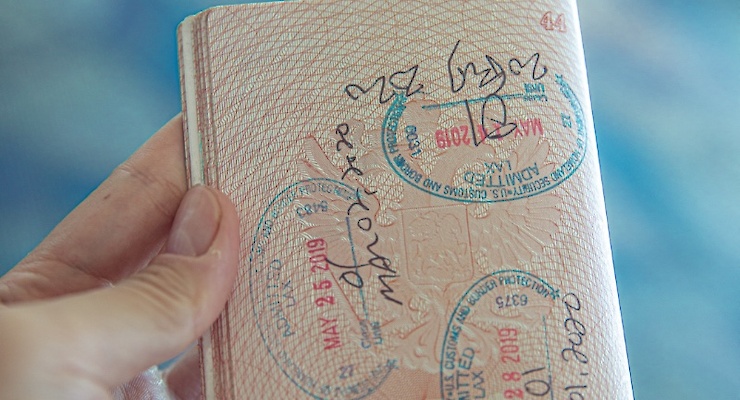


Head of Content

Mortgage Advisor & Director
How to get a mortgage as an expat

If you’re living and working outside the UK with a non-Sterling income, you will be considered an “ex-patriate” when it comes to the UK property market. This will be the case even if you already own property in Britain, or even if you have family still based there. This may be surprising to people who own a UK property, come to the end of their fixed-term deal and simply want to lock in to another fixed-term deal - unfortunately, you’re now remortgaging as an expat.
The best thing you can do if you’re looking to invest in UK property, or simply review the terms of your existing property, is to speak to a broker. Some lenders will refuse simply because of your non-Sterling income, irrespective of your history with that lender.
Why is it so difficult to secure a mortgage as an expat?
The longer you live abroad, the more difficult it is for a lender to verify your financial situation. Your credit report may have long gaps where it’s difficult to review your borrowing and repayment history. They may struggle to validate your employment situation or your self-employed income. Your income will be vulnerable to exchange rate fluctuations, making it more difficult for lenders to calculate how much you can safely borrow. There’s also a higher risk of fraud, which led to the introduction of the European Mortgage Credit Directive, enforcing lenders to be more thorough in assessing applicants paid in a foreign currency. All of this means that expatriates are seen as higher risk applicants, and will be exposed to higher fees and higher rates.
However, with all this in mind, it is still possible to secure a mortgage, there just may be a little more legwork involved and you may require a higher deposit. An advisor will be able to guide you through the process and discuss your individual case.
Many lenders dislike an empty property, as it puts their investment more at risk. They’ll want evidence that you return regularly to the property, that family can regularly check on the property, or that you plan to acquire tenants.
What kinds of mortgages can I apply for as an expat?
You may be looking for:
- A new, private residential property to live in when you return to the UK permanently
- A new, private residential property to stay in ad hoc when visiting friends or family
- A new Buy to Let or commercial property to complement your income
- Remortgaging your current property with no change in status
- Remortgaging your current property as a rental property
It’s possible to secure a mortgage for any of the above situations as an expat. A specialist advisor will be able to guide you to the right lender for your circumstances.
What can I expect when applying for a mortgage as an expat?
The LTV you can borrow as an expat may be lower than as a UK resident. Typically, mortgages will be capped at 75% LTV, which means you’ll need a larger deposit.
As with non-expat mortgages, it’s easier to secure a mortgage as a salaried employee than it is for the self-employed. If you are self-employed, you may need a specialist accountant to audit and verify your books to a standard determined by lenders. If you have a complex financial portfolio, such as offshore investments, family trusts, or multi-currency income, the need for your
Lenders will take into account where you live in determining risk. Living and earning in France or Germany, for example, will make an application easier than Eastern Europe, or certain African countries, where regulations are seen as weaker.
Make sure you’re up to date with HMRC. Living abroad for just six months a year is enough to be classed as a “non resident landlord” even if you pay tax as a UK resident. You’ll need to pay tax on any rental income, as well as Capital Gains tax if you profit from the sale of UK property or land.
The approval process will also take longer, which can be frustrating when viewing the process at arm’s length. Some lenders will be able to discuss decisions in principle by phone, within your own time zone, which can help you keep things moving.
Choosing an Adviser
Selecting a qualified and experienced mortgage adviser is of great importance. To choose a suitable adviser, evaluate their qualifications, experience, and reputation, and ensure they are regulated by the Financial Conduct Authority (FCA).
Read reviews from previous clients and make sure they provide a clear explanation of the products and services they offer, as well as the fees and charges associated with them.

























































































































































